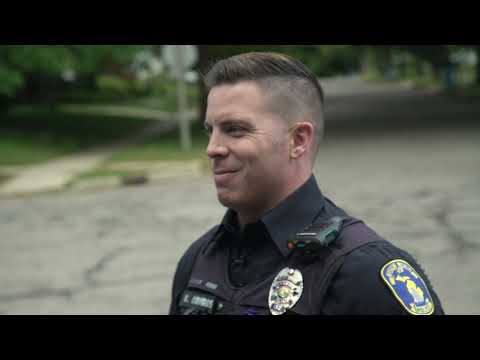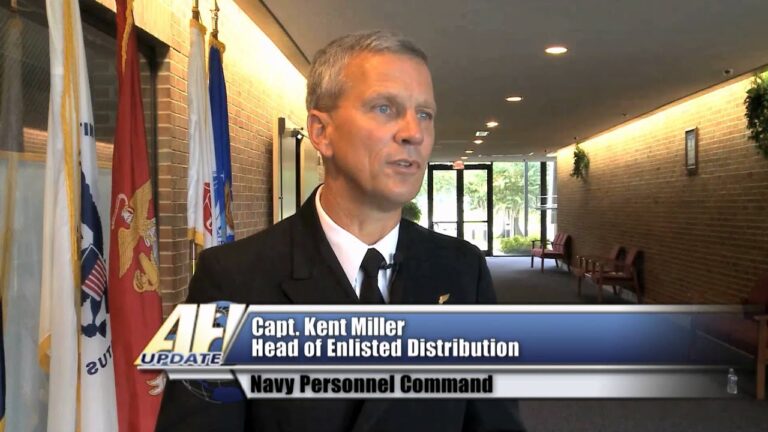Community Service Officer: Job Description & Salary

Community Service Officer Job Description Template
Community Service Officer Job Description A Community Service Officer (CSO) is a crucial member of the law enforcement team who works closely with the community to ensure public safety and provide support services. CSOs serve as a liaison between the police department and the community, fostering positive relationships and trust. They play a pivotal role in crime prevention, community outreach, and assisting with various administrative tasks. CSOs are responsible for patrolling designated areas, responding to non-emergency calls, and providing assistance to individuals in need. They may also assist with traffic control, crowd management, and parking enforcement. Additionally, CSOs often educate the community on crime prevention strategies, organize neighborhood watch programs, and conduct safety presentations. Furthermore, CSOs are often involved in conducting preliminary investigations, gathering evidence, and preparing reports for further action by law enforcement officers. They may also assist with administrative tasks such as maintaining records, managing departmental equipment, and coordinating community events. Two important qualities for a CSO are communication and empathy. Effective communication skills are essential to establish trust and rapport with community members, as well as collaborate with other law enforcement personnel. Empathy is crucial in understanding the needs and concerns of the community and providing appropriate support and resources. In conclusion, the role of a Community Service Officer is vital in building strong relationships between the police and the community. Their dedication to public service, crime prevention, and community engagement contributes significantly to creating safer and more cohesive neighborhoods.Community Service Officer Responsibilities
Community Service Officer Requirements
How Much Does A Community Service Officer Make?
Community Service Officer Salary
| Position | Median Annual Salary |
|---|---|
| Community Service Officer | $45,250 |
A community service officer, also known as a CSO, plays a vital role in maintaining public safety and providing assistance to the community. They work alongside law enforcement agencies and provide support by performing various tasks such as traffic control, crime prevention, and community outreach programs.
The median annual salary for a community service officer is $45,250. However, this can vary depending on factors such as location, experience, and the specific responsibilities of the job.
These professionals are passionate about serving their communities and ensuring the well-being of its members. Their dedication and commitment to public service make them an integral part of the law enforcement system.
By bridging the gap between law enforcement and the community, community service officers contribute to a safer and more inclusive society.
Community Service Officer Salaries by Country
Top Paying Countries for Community Service Officer
| Country | Average Salary (USD) |
|---|---|
| United States | 50,000 |
| Canada | 45,000 |
| Australia | 40,000 |
| Switzerland | 38,000 |
| United Kingdom | 35,000 |
Community Service Officers play a vital role in maintaining law and order within their communities. They assist law enforcement agencies by performing various non-emergency duties, such as traffic control, crime prevention, and community outreach. Salaries for these professionals vary across different countries. According to available data, the top paying countries for Community Service Officers include the United States, Canada, Australia, Switzerland, and the United Kingdom. These countries offer average salaries ranging from $35,000 to $50,000 per year. It is important to note that these figures may vary depending on factors such as experience, qualifications, and the cost of living in each country.
A video on the topic Community Service Officer
Video Source : City of Lansing, MichiganInterview Questions for Community Service Officer
1. What is the role of a Community Service Officer?
A Community Service Officer (CSO) is responsible for working closely with the community to provide support and assistance in various areas. They may help with crime prevention, traffic control, public safety, and community outreach initiatives.
2. What qualifications and skills are required to become a Community Service Officer?
Qualifications for a CSO position may vary depending on the organization, but typically require a high school diploma or equivalent. Some organizations may prefer candidates with college education in criminal justice or related fields. Important skills for this role include effective communication, problem-solving, teamwork, and a strong sense of community.
3. Can you describe a typical day in the life of a Community Service Officer?
A typical day as a CSO may involve patrolling assigned areas, responding to community requests for assistance, conducting preliminary investigations, enforcing parking regulations, attending community meetings, and participating in community events or outreach programs.
4. How do Community Service Officers contribute to crime prevention?
CSOs play a crucial role in crime prevention by maintaining a visible presence in the community, promoting public safety, and engaging with residents. They may conduct security surveys, educate the community about crime prevention strategies, and collaborate with law enforcement agencies to address specific concerns.
5. How do Community Service Officers handle difficult or potentially dangerous situations?
Community Service Officers receive training in conflict resolution and de-escalation techniques to handle difficult situations. They are trained to prioritize safety and to call for backup from law enforcement officers when necessary. They also work closely with the police department to ensure effective coordination and response in potentially dangerous situations.
6. What is the importance of community outreach in the role of a Community Service Officer?
Community outreach is important for CSOs as it helps build trust and positive relationships between law enforcement and the community. By actively engaging with residents, attending community meetings, and participating in events, CSOs can better understand the needs and concerns of the community, and work collaboratively to address them.
7. How do Community Service Officers assist in traffic control and enforcement?
CSOs may assist in traffic control by directing traffic at intersections, monitoring speed limits, and enforcing parking regulations. They may issue citations or warnings for violations, educate drivers about traffic laws, and provide assistance during accidents or emergencies.
8. How do Community Service Officers handle complaints or concerns from the community?
CSOs are trained to listen to complaints or concerns from the community with empathy and respect. They strive to address these issues promptly and effectively. CSOs may work with community members to find solutions, provide information or resources, or escalate concerns to appropriate authorities if necessary.
9. Can you describe a situation where you successfully resolved a conflict as a Community Service Officer?
As a CSO, I encountered a situation where two neighbors were involved in a heated argument over a property boundary dispute. I calmly approached both parties, listened to their concerns, and mediated a conversation between them. By facilitating open communication and finding common ground, I was able to help them reach a resolution and maintain a peaceful neighborhood environment.
10. What are some challenges that Community Service Officers may face in their role?
Some challenges that CSOs may face include dealing with potentially dangerous situations, working in diverse communities with different cultural norms and languages, managing conflicts within the community, and addressing complex social issues such as homelessness or substance abuse. Additionally, CSOs may face the challenge of balancing the priorities and expectations of both the community and the law enforcement agency they serve.






